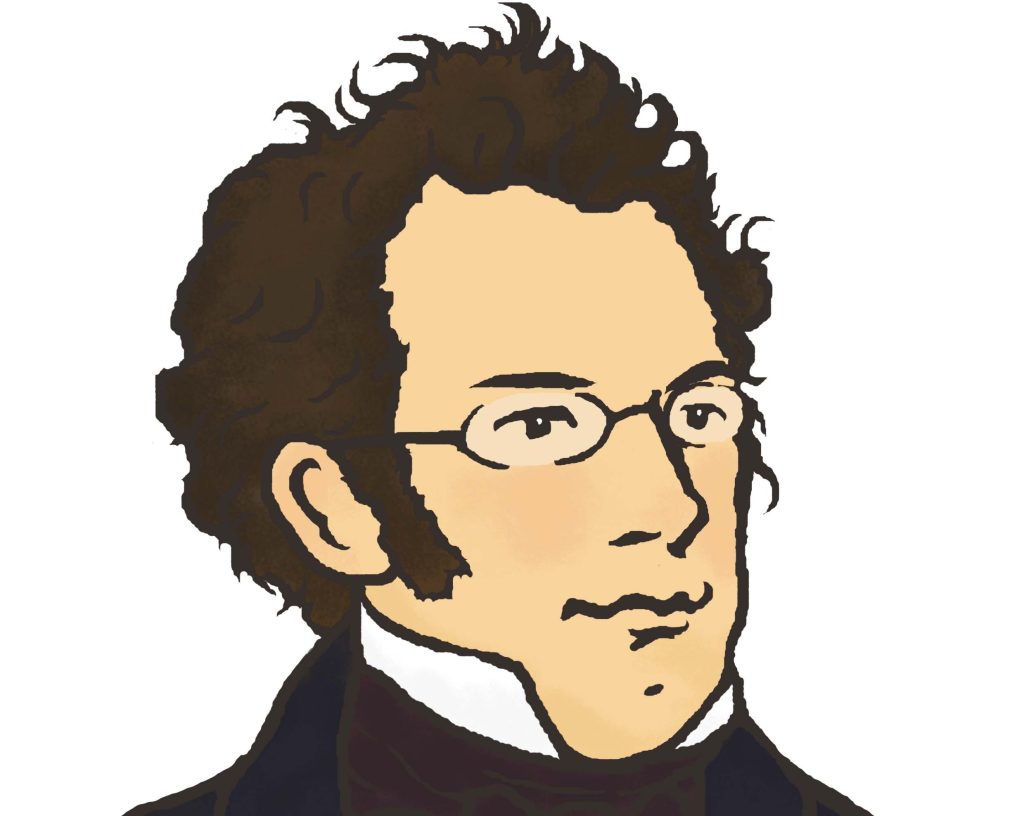
Schubert – Ave Maria
Franz Schubert’s Ave Maria is a masterpiece that has transcended the boundaries of religious music to become a universally beloved piece.
Its sacred yet tender melody gently embraces the spirit of prayer, resonating deeply with people across different times, places, and faiths.
Overview of the Piece
Schubert composed Ave Maria in 1825.
Its original title is Ellens dritter Gesang ("Ellen’s Third Song"), and it was based on a German translation of Sir Walter Scott’s epic poem The Lady of the Lake.
In the original context, the character Ellen sings a prayer to the Virgin Mary, and Schubert set this text to a beautifully flowing melody.
Later, the music was adapted to fit the traditional Latin text of the Ave Maria prayer, and it is this version that has become widely popular today.
When people refer to Schubert’s Ave Maria, they are usually thinking of the version with the Latin lyrics.
Musical Characteristics
The piece features a flowing accompaniment that supports an expansive, graceful melody sung by the voice.
The opening invocation of "Ave Maria" leaves a strong emotional impression, instantly evoking a sense of devotion and reverence.
Rather than building to a dramatic climax, the structure of the music gently rises and falls, mirroring the natural ebb and flow of heartfelt prayer.
The simplicity of the composition belies the depth of emotion it conveys.
Performers must approach the piece with delicate phrasing and nuanced expression, prioritizing sincerity and tenderness over dramatic display.
Cultural Influence and Popularity
Schubert’s Ave Maria has become a staple at weddings, funerals, and other significant life events.
It has been performed and recorded by countless artists across genres, finding a place not only in classical concerts but also in popular music and film soundtracks.
Notable interpretations by artists such as Luciano Pavarotti, Maria Callas, and Céline Dion have introduced the piece to audiences around the world, each performance bringing a new emotional dimension to its timeless beauty.
Conclusion
Schubert’s Ave Maria goes beyond the realm of traditional religious music, offering a universal message of prayer, hope, and consolation.
Its pure and serene melody continues to gently touch the hearts of listeners, providing comfort and emotional depth.
Take a quiet moment to listen to this piece, and experience the profound sense of peace and devotion that Schubert captured through his music.
More than 100 million songs in CD quality. 7 million in better-than-CD sound.
🎧 Start your free trial with Amazon Music Unlimited now!

